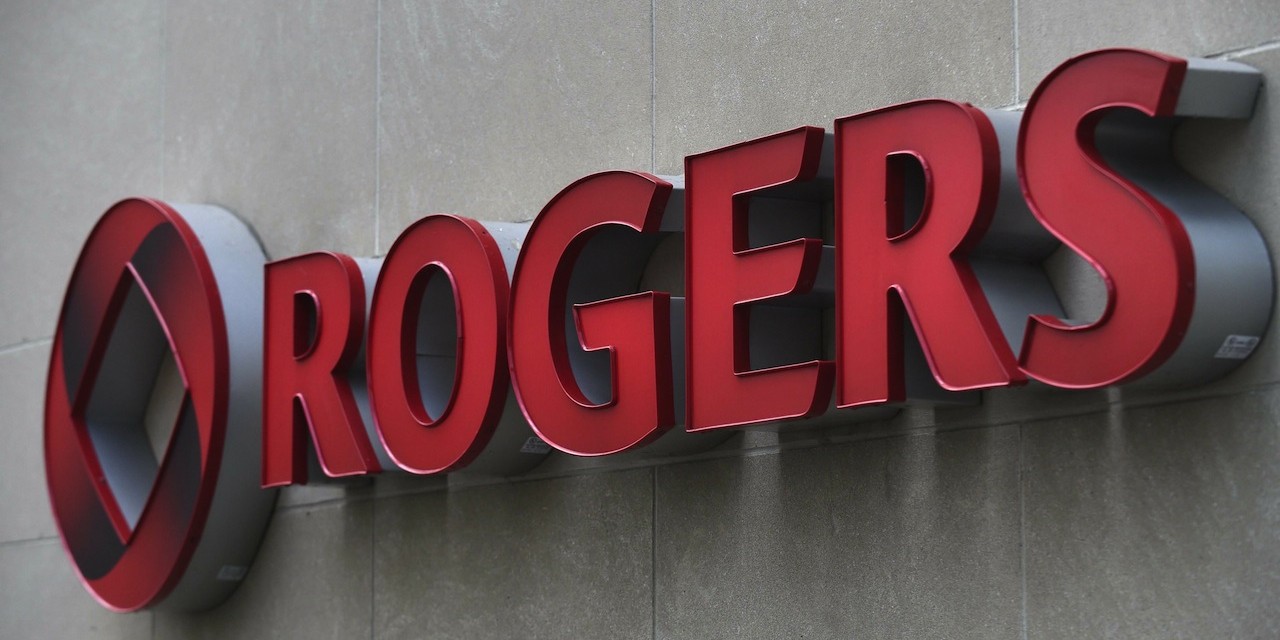The CRTC has approved Rogers’ application for group-based license renewals for its City properties and several specialty services, including The Biography Channel, OLN and Sportsnet 360, through August 2016.
The Commission has also handed out individual license renewals for the sports specialty services Sportsnet World and Sportsnet.
The federal regulator also ordered Rogers to file an application for a network license to show NHL games under the Hockey Night in Canada banner on CBC Television each Saturday. The CRTC said it would assess the application in a public hearing.
Rogers had initially asked for seven-year license terms for both Sportsnet World and Sportsnet, but indicated its willingness to accept two- or three-year license terms for the services.
In announcing its decision, the CRTC said the two-year license terms would enable it to carry out a “thorough review” of the group-based approach in 2016, while aligning the renewal of Rogers’ services with those of other large private TV groups.
The CRTC established a framework for group-based licensing in 2010 in order to ensure what it called “stable ongoing funding” to Canadian production, with a particular emphasis on independent production. The decision also established minimum expenditure levels for ownership groups, and flexibility in how they may allocate spending among various licensed undertakings.
The CRTC exempted mainstream sports and news services from this model, reasoning that the spending flexibility enjoyed by these groups could result in owners directing “significant amounts” of funding to these services, which are already successful, at the expense of other programming forms requiring regulatory support.
Groups including Bell Media and ACTRA opposed Rogers’ application to include Sportsnet 360 in the group, arguing that the objective of the group-based approach is to assist Canadian services with the production of quality Canadian programming, particularly in under-represented categories.
Bell argued that Rogers did not adequately address how it would allocate revenues and expenses from Sportsnet 360, and failed to address the impact of sports programming within the dedicated group. It said that Rogers is attempting to reach the spending threshold by adding the expenditures of one of its sports services, but without the objective of developing Canadian content in under-represented categories.
Rogers countered that Bell Media services such as RDI Info, CP24 and BNN, all of which are included in Bell’s designated group, derive “considerable benefits” from their Category C news and sports sister services in terms of programming and operational synergies.
The Commission noted that any risks stemming from the inclusion of Sportsnet 360 in the group-based approach would be mitigated by Rogers’ proposal to submit annual reports detailing its allocation of all NHL-related revenues and expenses, while the two-year license term allows for a relatively speedy re-examination of the appropriateness of including it in the designated group.
While the CRTC said it did not see it necessary to impose a limit on group spending as it relates to sports programming, the ruling did say that it “remains concerned” with the possible impact of this programming on Rogers’ services.
The ruling indicated that if Rogers’ reporting requirements suggest a need to impose spending limits on sports programming, the CRTC will have the opportunity to do so during the 2016 license renewals.











